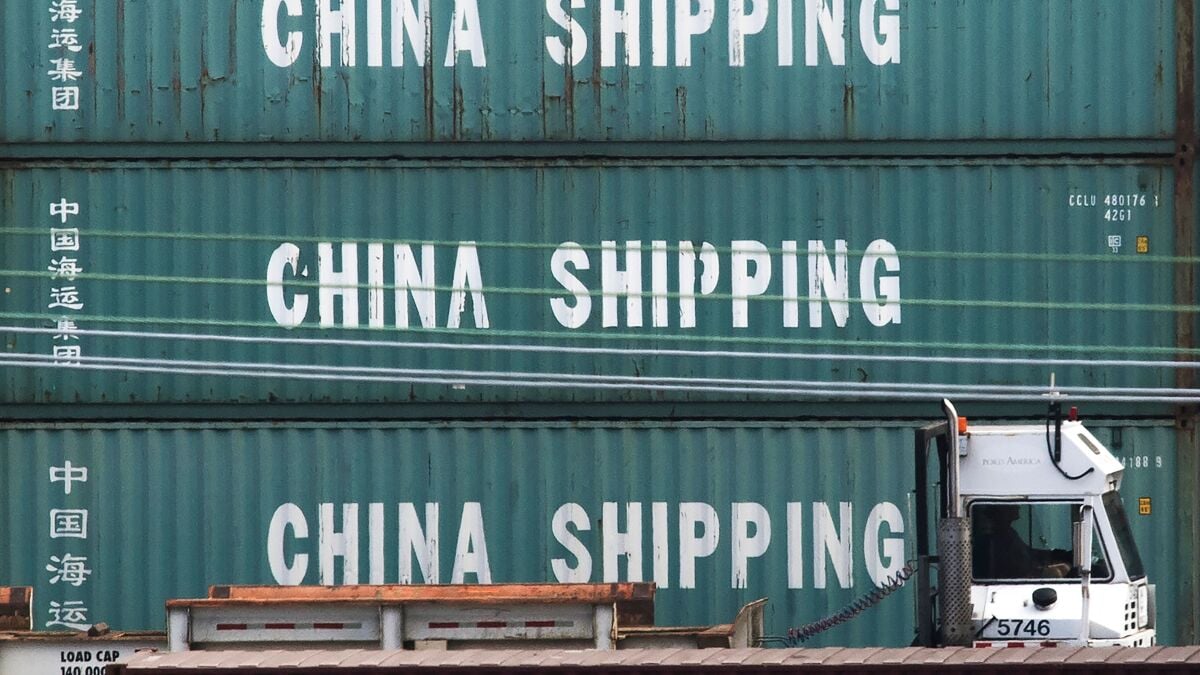From steel mills to display panel factories, Chinese companies are rapidly integrating artificial intelligence (AI) into traditional industries, marking a major shift toward intelligent, digital manufacturing.
Leading the transformation is Shougang Group, one of China’s largest steelmakers, which has deployed an AI-powered visual system that boosted production efficiency by over 20% and cut defects by 35%. Once synonymous with heavy labor and pollution, the steel industry is now showcasing how advanced technology can revolutionize legacy sectors, News.Az reports, citing Xinhua.
At the 2025 Global Digital Economy Conference in Beijing, Shougang’s innovation was honored as one of the top 10 benchmark AI applications. The event underscored China’s national ambition to use AI to accelerate industrial upgrades and smarter production.
Other major players like BOE Technology Group, a top global display manufacturer, are also tapping into AI to streamline quality checks, defect detection, and automated decision-making. “Traditional systems aren’t enough anymore. We need AI to push performance to the next level,” said Jiang Xingqun, BOE’s senior VP.
Across China, the momentum is growing: the country now boasts nearly 10,000 intelligent factories and digitalized workshops, with over 400 recognized as national AI manufacturing benchmarks, according to the China Internet Development Report 2024.
Falling costs of large AI models are further fueling adoption. Baidu and Kuaishou, two Chinese tech giants, emphasized AI’s expanding role in industrial internet, with AI-generated video, digital twins, and interactive environments reshaping how businesses operate.
Government policy is also playing a key role. Zhao Chaofan from the Ministry of Industry and Information Technology said authorities are launching initiatives to better integrate AI with traditional industry and support new industrialization.
Despite the rapid progress, challenges remain. Experts pointed to a lack of awareness among manufacturers and limited customer outreach by AI providers as key barriers. To bridge this gap, analysts have called for closer alignment between technology developers and factory operators.
“China’s vast manufacturing base, rich data, and diverse application scenarios give it a strategic advantage in building a world-leading AI industrial ecosystem,” said Mao Shengbo of MiraclePlus.
As China continues to scale AI across its industrial landscape, companies and policymakers alike are betting on smart manufacturing as a pillar of the country’s economic future.


